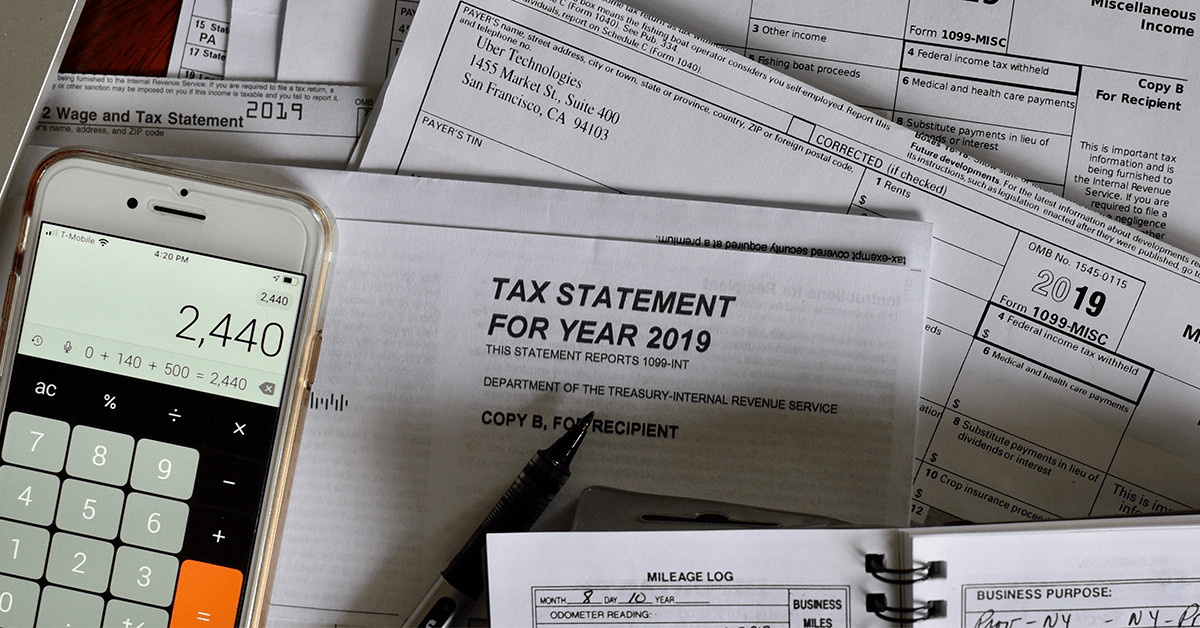
“Can I deduct my donation on my income taxes?” This is a common refrain for potential donors as they consider charitable giving. While their heart may be in the right place, many charity supporters have to make sure their eyes are on their bank accounts too.
Having tax-exempt status is crucial for your nonprofit for a host of reasons. But paramount is building relationships with the donors who help you do the good work you so eagerly want to perform in the world. When you’re thinking about how to start a nonprofit organization, consider these reasons why securing tax exemption under Internal Revenue Code section 501(c)(3) are so important:
Exemption from federal income tax.
First off, you might be asking what exactly it means to have tax-exempt status. Being “tax exempt” means organizations do not have to pay federal taxes under the United States Tax Code. If your charity applies for and receives 501(c)3 tax exemption designation, which is popularly known as “the charitable tax exemption,” it will allow exemption from federal corporate and income taxes for most revenue coming into your organization.
It’s hard to overstate how important this designation is: Tax-exempt status allows you to direct the money you raise toward the projects and personnel that can help you accomplish your goals. Rather than seeing your precious resources funneled into the tax pool, you can apply them to hands-on efforts that will help your fledgling organization grow and thrive.
Tax-deductible contributions.
Another major reason why tax-exempt status is important for your nonprofit comes in the form of donor contributions. So many people want to help good causes and contribute in some way to making the world a better place. But when personal budgets are tight, interested supporters of your nonprofit have to pay attention to their bank accounts and the dreaded tax bill that comes due every April.
By securing 501(c)3 status for your nonprofit, you are able to tell your donors and potential donors that their contributions are indeed tax deductible. Donors can do good and take a tax write-off. This can be very appealing to your volunteer and support base, and it can help you scoop up even more donors as you grow your organization. This status can be a tremendous advantage for organizations that rely on contributions as their main source of income.
Opens the door to grant funding.
When you’re looking for funding for your upcoming project, you might consider applying for a grant to cover expenses. Many grants from foundations or government sources require you to demonstrate that you’ve established 501(c)3 federal tax-exempt status.
If your nonprofit doesn’t have this designation, it can be tricky trying to engage foundations to help. That’s because the foundation would have to show the IRS that they and you have “expenditure responsibility,” another way of saying the money would be used properly. This can be a lot of work for a foundation, as they would need to file a variety of reports to certify that the funds they contributed to your organization were spent solely for charitable purposes and aligned with what you spelled out in the grant proposal. This layer of paperwork can be off-putting, and many foundations will shy away from granting funds to nonprofits without 501(c)3 status.
Exemption from state and local taxes.
When your organization receives approval for tax-exempt status, the IRS lets you know you’ve received it by sending you a “letter of determination.” This document allows you to prove to the world that your nonprofit is tax-exempt, and you can use it to show foundations when you apply for grant funding as well as to your state for exemption from state taxes.
Nonprofit tax-exempt status can be obtained not only from the IRS for federal taxes, but from the state where your nonprofit will operate for state taxes. Depending on the states where you’re serving, you can take advantage of a variety of exemptions—ranging from sales tax to corporate income tax to use tax.
Reduced postage rate.
If your nonprofit reaches out to donors and volunteers by mailing newsletters, brochures, membership information, or event invitations, your 501(c)3 tax-exempt status can save you money. Nonprofits are eligible to receive a reduced postage rate from the United States Postal Service if they meet eligibility guidelines. Nonprofit Standard Mail rates are about 40 percent lower than regular postal rates, which can save you money to use in other aspects of your growing organization. Simply fill out a form with the USPS to receive the special nonprofit prices.
Let Yippiekiyay help you explore all the benefits to applying for 501(c)3 tax-exempt status today. With our streamlined and efficient system, we’ll have your designation in a matter of weeks—faster than if you were to go it alone. Contact us today and get started on doing more good in the world.


